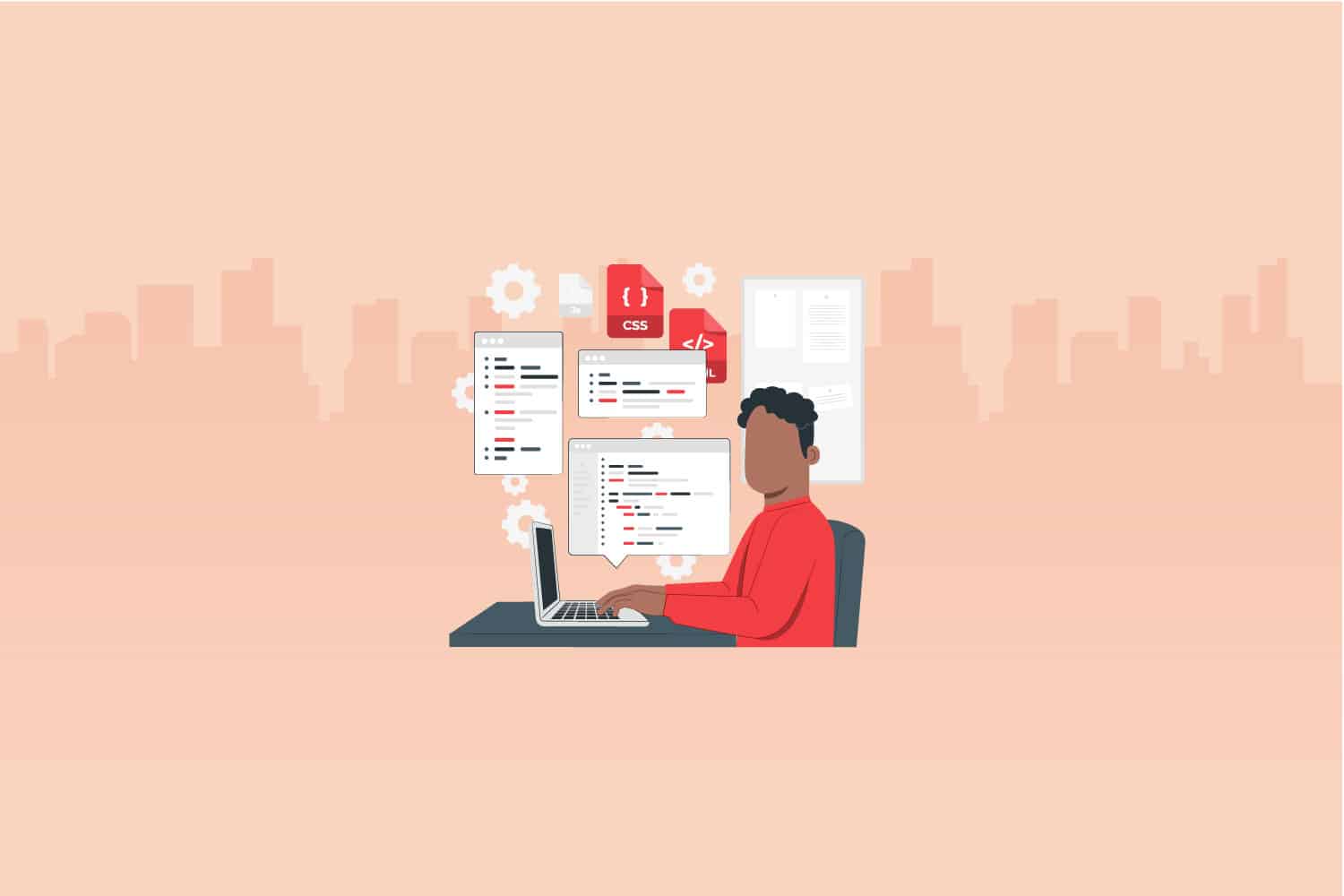Identifying top-performing candidates is not just a necessity but a strategic imperative. Recruiters are continually challenged to find individuals who not only possess the requisite skills but also exhibit the potential for exceptional performance and growth within the organization. This is where talent assessment tools emerge as indispensable assets, providing a data-driven approach to evaluating candidates beyond the surface.
According to a recent study by the Society for Human Resource Management (SHRM), organizations using talent assessment tools experience a 39% improvement in the accuracy of their hiring decisions, highlighting the substantial impact of data-driven approaches on identifying high-performers.
In this blog, we will delve into the intricate mechanisms of talent assessment tools, exploring how they effectively identify top performers and revolutionize the recruitment landscape.
Understanding talent assessment tools
Talent assessment tools encompass a diverse array of instruments designed to measure various aspects of an individual’s capabilities, including cognitive abilities, personality traits, and job-related skills. These tools leverage a combination of methodologies, such as psychometric assessments, situational judgment tests, and competency-based evaluations, to paint a comprehensive picture of a candidate’s potential. By employing a scientific and standardized approach, these tools aim to eliminate biases, offering recruiters an objective and data-driven foundation for decision-making.
Assessments that help identify top performers
From psychometric assessments gauging cognitive abilities to personality tests unveiling behavioral traits, learn how these assessments provide recruiters with a comprehensive view of a candidate’s potential for exceptional performance.
1. Psychometric assessments
At the core of many talent assessment tools are psychometric assessments, designed to measure cognitive abilities, aptitude, and problem-solving skills. These assessments often include numerical reasoning tests, verbal reasoning tests, and abstract reasoning tests, among others. The results help recruiters gauge a candidate’s capacity to analyze information, make sound decisions, and adapt to complex situations – crucial attributes of top performers.
Psychometric assessments play a pivotal role in identifying individuals who possess not only the technical know-how but also the cognitive agility required to excel in dynamic work environments. Recruiters can leverage these insights to match candidates with roles that align with their cognitive strengths, ultimately fostering a more productive and satisfied workforce.
2. Personality assessments
Beyond technical skills, understanding a candidate’s personality is integral to predicting their success within a specific organizational culture. Personality assessments, based on established models such as the Big Five personality traits, delve into dimensions like openness, conscientiousness, extraversion, agreeableness, and neuroticism. Top performers often exhibit a unique blend of these traits that aligns with the values and requirements of the organization.
Recruiters can use personality assessments to identify candidates who not only possess the necessary skills but also display traits conducive to collaboration, leadership, and resilience. By gaining insights into a candidate’s behavioral tendencies, recruiters can make more informed hiring decisions about cultural fit and team dynamics, contributing to the overall success of the organization.
3. Situational judgment tests
Top performers are often distinguished by their ability to make sound decisions in real-world scenarios. Situational judgment tests present candidates with hypothetical situations and assess their responses to various challenges. These tests provide recruiters with valuable insights into a candidate’s decision-making process, problem-solving skills, and ability to navigate complex situations – all critical components of top performance in professional settings.
Situational judgment tests are particularly effective in evaluating candidates for leadership positions, where the ability to make strategic decisions under pressure is paramount. By simulating real-world scenarios, these tests offer recruiters a glimpse into how candidates are likely to perform in the dynamic and unpredictable nature of the business landscape.
4. Competency-based assessments
To identify top performers, it is essential to match a candidate’s skills with the specific requirements of the job. Competency-based assessments focus on evaluating a candidate’s proficiency in key areas relevant to the role, such as communication, problem-solving, leadership, and adaptability. These assessments provide recruiters with a systematic and objective way to gauge a candidate’s suitability for a particular position.
By aligning competencies with job specifications, recruiters can ensure that candidates not only have the necessary technical skills but also possess the behavioral attributes crucial for success in the role. This targeted approach enhances the likelihood of identifying top performers who can seamlessly integrate into the organization and contribute to its overall success.
Identifying top performers without bias
Explore the role of talent assessment tools in mitigating unconscious biases in recruitment, providing an objective and standardized evaluation process that ensures the identification of high-performers based on merit, fostering diversity and inclusion in the workforce.
Embracing diversity and inclusion
One of the significant challenges in recruitment is the potential for unconscious biases to influence decision-making. Talent assessment tools play a crucial role in mitigating bias by providing an objective and standardized evaluation process. By focusing on data-driven insights and measurable competencies, these tools enable recruiters to make decisions based on merit rather than subjective judgments.
In the pursuit of top performers, it is essential to recognize and eliminate biases that may inadvertently exclude qualified candidates from underrepresented groups. Talent assessment tools contribute to fostering diversity and inclusion by ensuring a fair and equitable evaluation process, ultimately enriching the organizational culture and driving innovation through diverse perspectives.
Continuous improvement
The dynamic nature of the business landscape requires recruiters to adapt continually. Talent assessment tools provide not only a snapshot of a candidate’s capabilities but also a foundation for continuous improvement in the recruitment process. By analyzing the data collected through assessments, recruiters can identify patterns, refine evaluation criteria, and enhance the overall effectiveness of their talent identification strategies.
Continuous improvement is a key aspect of talent assessment tools, allowing organizations to stay ahead in the race for top talent. Recruiters can use feedback from the assessment process to refine their understanding of what constitutes top performance in their specific context, leading to more accurate and targeted evaluations in the future.
Conclusion
Talent assessment tools represent a paradigm shift in the way recruiters identify top performers. By leveraging the power of data-driven insights, these tools offer a systematic and objective approach to evaluating candidates, going beyond the traditional methods of recruitment. From psychometric assessments that measure cognitive abilities to personality assessments that uncover behavioral traits, each component plays a crucial role in identifying individuals with the potential for exceptional performance.
Talent assessment tools provide recruiters with a competitive edge, allowing them to make informed decisions that align with the strategic goals of the organization. As the synergy between technology and recruitment continues to evolve, talent assessment tools will remain a cornerstone in the quest for identifying and nurturing top performers who drive success and innovation within organizations.
Ready to revolutionize your recruitment strategy? Elevate your talent identification process with Testlify, a cutting-edge talent assessment tool. Unlock the power of data-driven insights and make informed decisions to identify high-performers seamlessly. Take the next step in transforming your workforce by integrating Testlify into your recruitment toolkit. Sign up for free and start optimizing your hiring process today!








